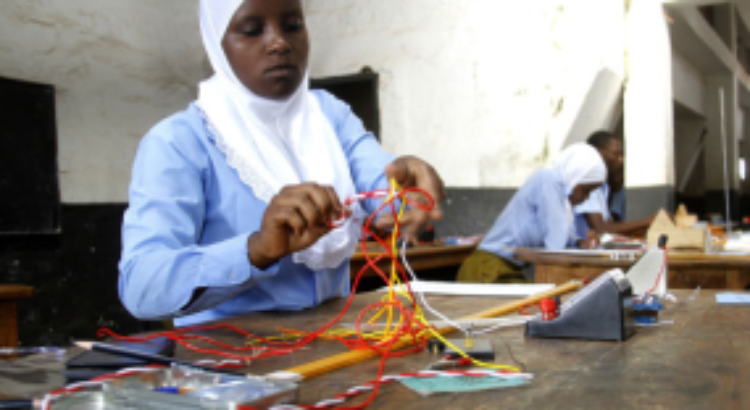Africa/Uganda/ 16.04.2018 / From: allafrica.com.
The government has rolled out a revised curriculum for Ordinary Level with ambitious reforms that have seen 20 subjects either dropped or consolidated with others to bring down the number of examinable units to 13. Even among the retained subjects, there have been changes. Topics that are deemed irrelevant have been scrapped.
Teachers have expressed reservations on the implementation of the curriculum, saying they were not consulted as the tail-end implementers, which may impede the execution and realisation of the objective.
But that aside, the most critical reform in the new curriculum, which might bring more challenges than the intended good, is the change of grading system in the final Ordinary Level examinations for the lower secondary learners.
Under the new curriculum, grading of students’ performance at O-Level will be based on both the scores in the final examinations and scores on skills/competence acquired progressively throughout the four-year period. The national O-Level examinations will account for 80 per cent of the final marks while the scores on the acquired skills will account for 20 per cent. The skills assessment and grading will be done by the students’ respective schools.
Whereas it is a good input to transform our education from purely academic theory to a model that blends both academic and practical skills to improve students’ competence, the biggest challenge is how this will be achieved without abusing the process hence rendering the whole venture a fiasco or more disastrous than the ills the new curriculum aims to cure. Every year, the country has witnessed some schools cheating national examinations for their students in order to attain undeserved high grades.
The Uganda National Examinations Board has often withheld results of schools whose candidates are deemed to have cheated examinations. Sadly, the culprits are teachers.
These are the same teachers and schools that are going to assess their students and award them marks under the 20 per cent skills assessment bracket. Besides, in the new curriculum, students will stop academic classes at 2pm to allow them time with their teachers to go for skills lessons or sessions.
Bearing in mind the previous or prevailing behaviour of our teachers absenting themselves from school or leaving duty during class hours, this might provide a fertile ground for teachers to abandon schools at 2pm under the guise of going to engage students in skills activities. The students are likely to replicate this by engaging in redundancy, rending the new curriculum a total fiasco.
Then the teachers will give their students high skills assessment grades to enable them pass the final academic exams graded at 80 per cent.
The framers of the new curriculum should be beware of this and put in place measures to ensure that the skills assessment grades are not a sham.
From: http://allafrica.com/stories/201804120152.html






 Users Today : 164
Users Today : 164 Total Users : 35459759
Total Users : 35459759 Views Today : 316
Views Today : 316 Total views : 3418288
Total views : 3418288